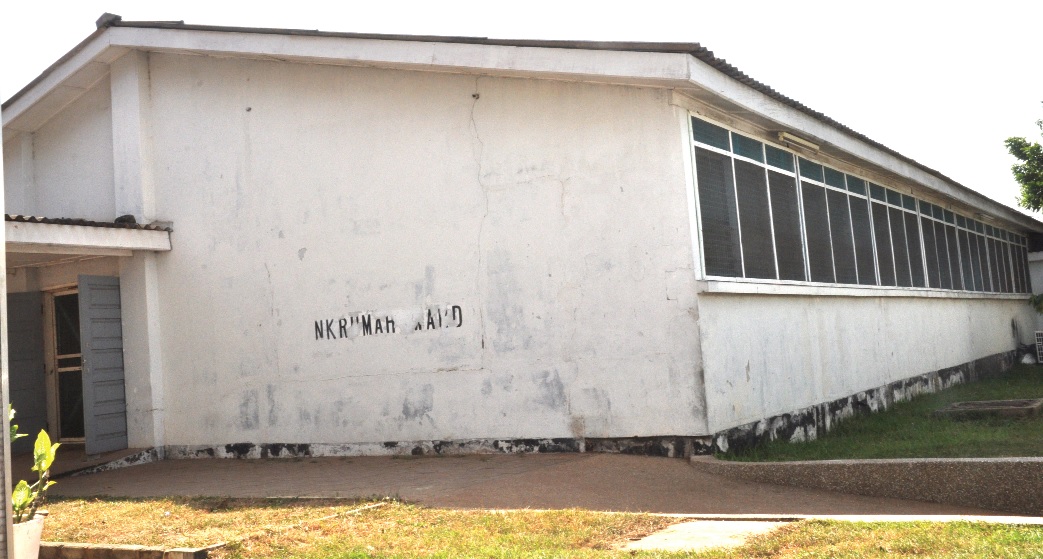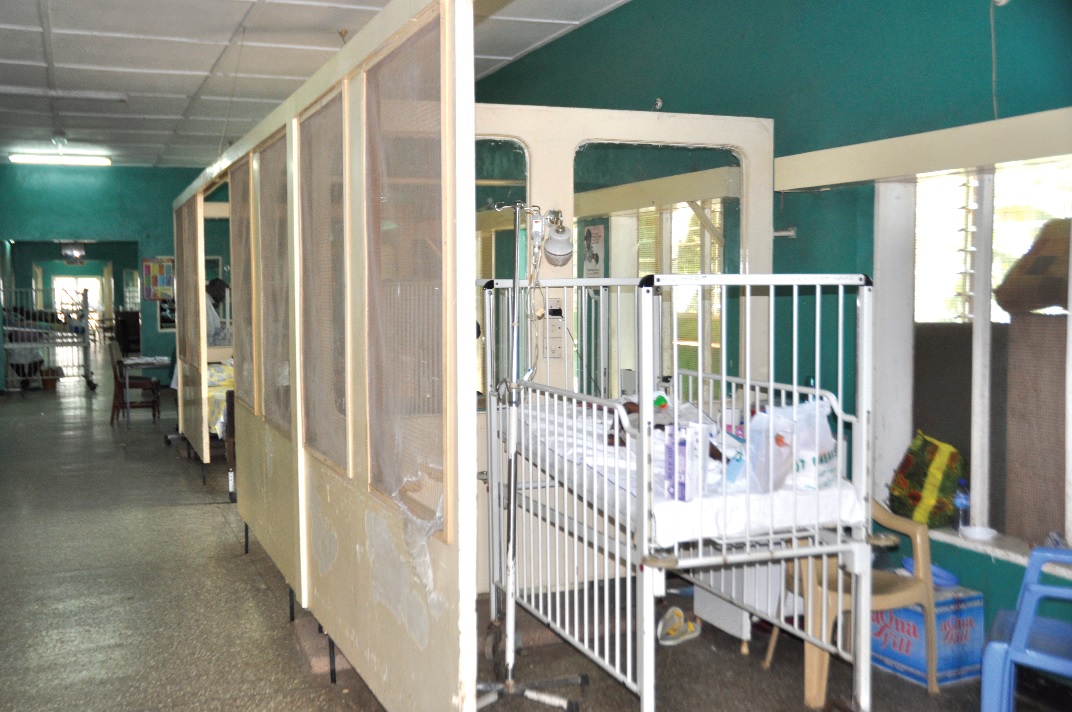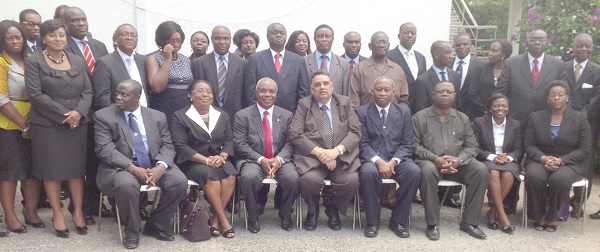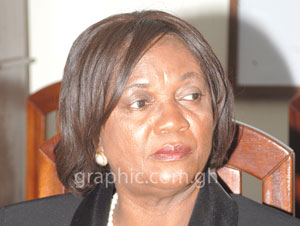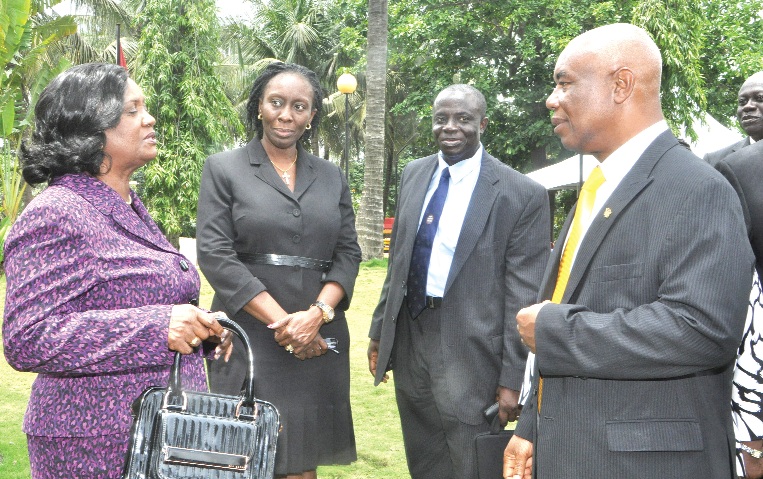 Judgement Debt Commissioner, Justice Yaw Apau
Judgement Debt Commissioner, Justice Yaw ApauThe
mystery surrounding the sale of the drill ship belonging to the Ghana
National Petroleum Company (GNPC) and the disbursement of the money from
that sale has deepened, as the Bank of Ghana (BoG) cannot tell whether
or not an account into which the money is said to have been paid exists.
A manager at the Treasury Department of the BoG, Mr Paul Kwadwo
Djan, told the Judgement Debt Commission at its sitting in Accra
yesterday that the bank was making efforts to trace the Ghana
International Bank account number 0001191613.
Appearing before
the commission after his outfit had been subpoenaed to produce documents
and answer questions pertaining to the sale of the drill ship in 2001,
Mr Djan informed the commission that the Treasury Department of the BoG
had made “frantic efforts” to trace documents relating to the account.
He,
accordingly, prayed the commission for time to do “further search” and
additionally indicated that he was aware of a letter signed by a former
Minister of State, Dr Anthony Akoto Osei, requesting for $250,000 to be
transferred into the account.
A letter dated July 30, 2003 and
signed by the former minister was to pay Aquatic Engineering and
Construction Limited for the maintenance of a GNPC vessel in Angola.
However,
the witness told the commission after a question by counsel for the
commission, Mr Dometi Kofi Sokpor, that “we are trying to locate
documents relating to transfers but up till now we have not located any
document”.
“I cannot say for sure if the account exists. As I speak, we have not been able to locate the account number,” Mr Djan added.
Answering
a question from the Chairman of the commission, Mr Justice Yaw Apau, on
who owned the Ghana International Bank, the witness said the bank was
owned by the Government of Ghana
Following from the witness’
request to the commission for more time to locate documents pertaining
to the sale of the drill ship, the commission gave the BoG up to
November 25, 2013 to produce more documents.
Sale of drill shipThe
GNPC is said to have sold its drill ship, the Discoverer 511, in July,
2001, to pay judgement debt awarded in favour of Societe Generale by a
UK court.
But evidence emerging from the Judgement Debt
Commission suggests that the GNPC does not have the transaction records
of the sale ordered by the Ministry of Energy, while the BoG does not
have records of any cash transfer before and after the sale of the drill
ship.
Judgement against Ghana Armed ForcesA Chief
State Attorney, Ms Dorothy Afriyie Ansah, and the Chief Director of the
Ghana Armed Forces (GAF), Mr Emmanuel Nii Yartey Tackie-Yarboi,
appeared before the commission to answer questions pertaining to the
circumstances under which a judgement debt of GH¢26,700 was awarded
against the GAF.
It emerged that a High Court in Sunyani in the
Brong Ahafo Region had awarded judgement of GH¢26,700 in favour of Kwasi
Adjei, Lydia Takyiwaa and Alex Opoku, after a KIA truck being driven by
a soldier caused injury to the three.
Ms Afriyie said a police
report, which was accepted by the court, presided over by Mr Justice
Francis Amoah, had held that the driver of the military vehicle had been
at fault and, accordingly, awarded compensation.
It, however,
emerged, after questions from the Chairman of the commission that
officials from the Attorney-General’s office stationed in Sunyani did
not defend the matter but rather wrote to the A-G’s office in Accra
requesting for payment for the victims.
Judgement was delivered by the court in favour of the plaintiffs on March 16, 2006.
For
his part, Mr Tackie-Yarboi, accompanied by Colonel Edward Fiawuo, who
is stationed at the Judge Advocate General’s Office, told the commission
that a board of enquiry was set up to investigate the accident and it
emerged that both drivers had been at fault.
He said it was
recommended that compensation be paid to the victims of the accident but
indicated that his outfit had not been aware of any court order
directing the Ministry of Defence to pay the victims.
Mr Justice
Apau, a Court of Appeal judge, commended the military for being
meticulous in setting up a board of enquiry to investigate the matter.
Withholding tax for $2.5 million not paidAnother
revelation at the commission was the non-payment of withholding tax for
the award and payment of $2.5 million to New World Investment (NWI), a
private company.
The Director in charge of External Resource
Mobilisation at the Ministry of Finance and Economic Planning (MoFEP),
Mr Kwadwo Awuah Peasah, told the commission that the withholding tax on
the amount paid to the company had not been deducted following an
explanation from his colleague on the issue.
Responding to Mr
Peasah’s statement, Mr Justice Apau said the explanation from Mr
Peasah’s colleague on the issue of the deduction was not sound.
Giving
a brief background to the transaction, Mr Justice Apau said NWI had
loaned GH¢1 million to the Ghana National Procurement Agency (GNPA), out
of which GH¢550,000 had been paid, leaving a balance of GHC450,000.
However,
the balance shot up to $2.5 million within a couple of years and after a
number of questions from the commission, Mr Peasah said NWI was
expected to pay the withholding tax and further disclosed that MoFEP
had, since February, 2011, been deducting withholding taxes on such
transactions.
He said the commission would find out from the Ghana Revenue Authority (GRA) what could be done to retrieve the withholding tax.
Documents on spare parts not locatedAnother
witness to appear before the commission was the Director of the
Internal Audit Unit of the Ministry of Water Resources, Works and
Housing, Mr Eric Osei Afriyie, who told the commission that efforts to
retrieve documents covering the supply of spare parts to the ministry in
1997, had not been successful.
According to him, the ministry
had managed to contact some retired staff who had worked on those
documents to enable him and his team to locate files on the transaction.
Mr
Sokpor suggested to the witness that his outfit’s record-keeping system
was faulty, to which Mr Afriyie answered, “We need a proper name and
file number to get the documents.”
Mr Afriyie was given up to November 25, 2013 to retrieve the said records.
Hearing continues on October 29, 2013.
 The
Court of Appeal has dismissed an application by the Agricultural
Development Bank (ADB) to stay execution of a judgement debt awarded
against it in favour of one of its former managing directors.
The
Court of Appeal has dismissed an application by the Agricultural
Development Bank (ADB) to stay execution of a judgement debt awarded
against it in favour of one of its former managing directors.

